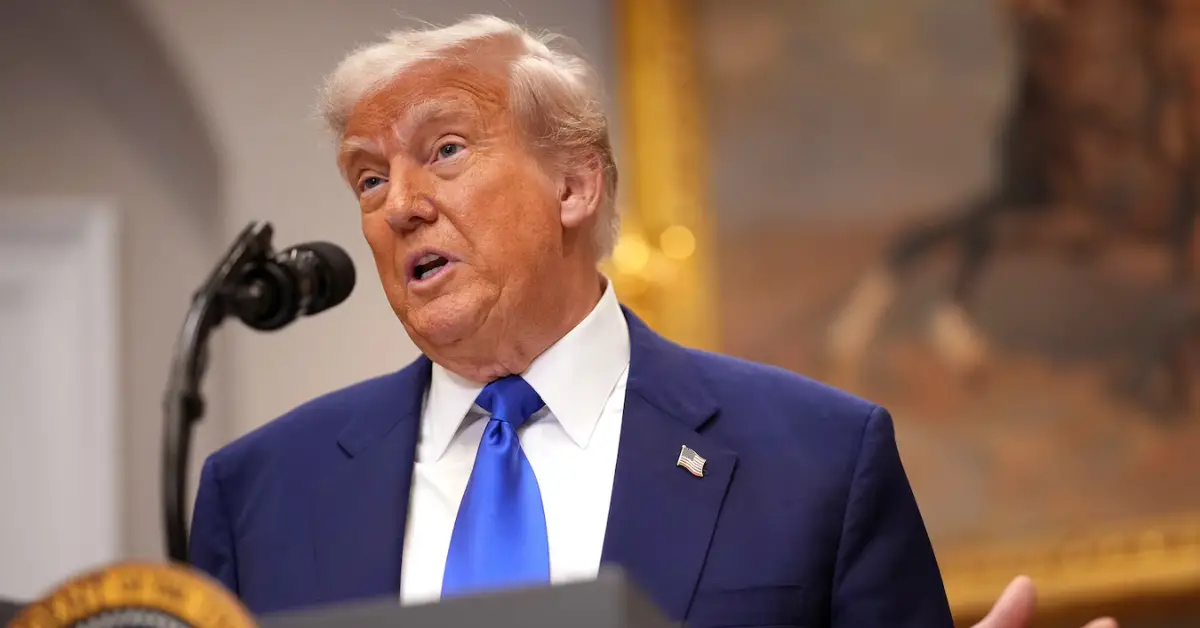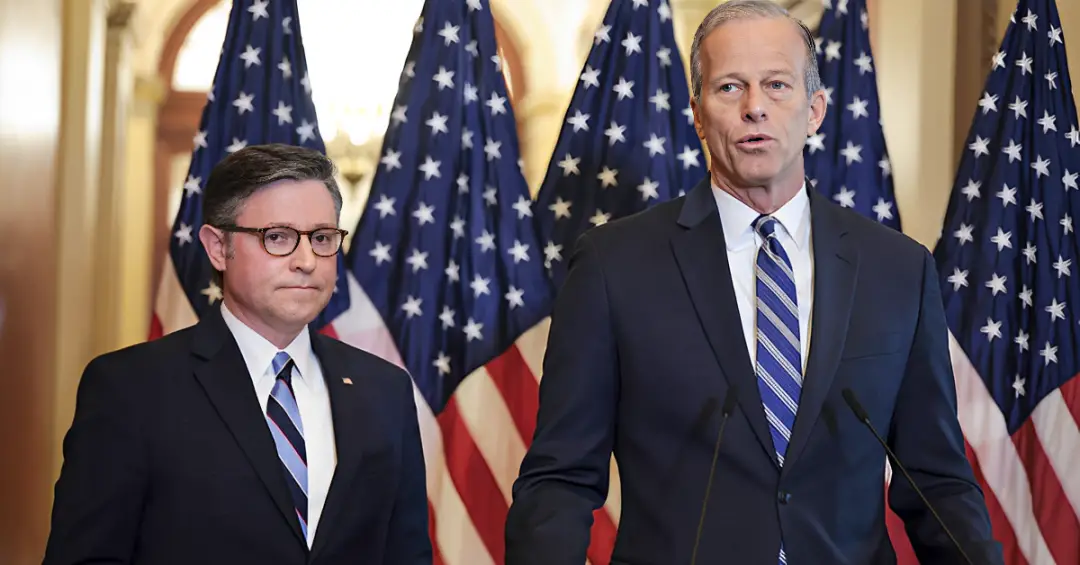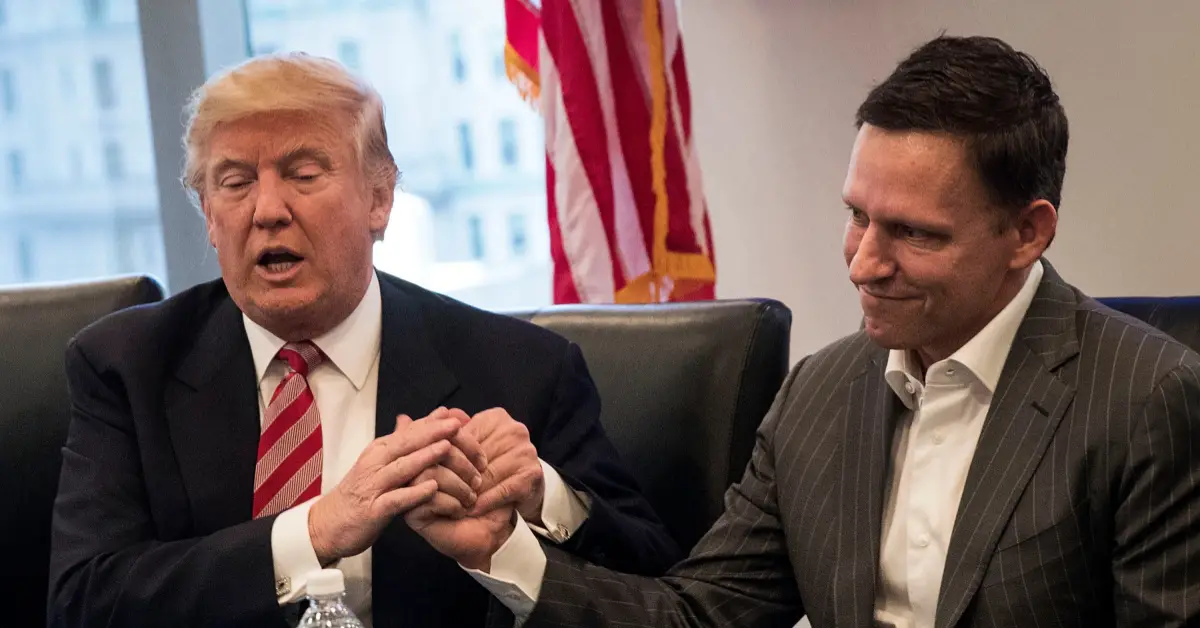Former President Donald Trump has expressed hope that Iran will return to the negotiating table after a recent attack by Israel. Trump’s statement highlights the ongoing tension in the Middle East and the complex relationship between the United States, Israel, and Iran. The situation has intensified in recent years due to Iran’s growing influence in the region and its nuclear ambitions.
Trump’s comments came after Israel’s airstrikes on Iranian targets in Syria, which have been part of Israel’s ongoing campaign to limit Iran’s presence in the region. The attacks, which have sparked widespread concern among international leaders, are seen as part of Israel’s strategy to weaken Iran’s military capabilities and prevent it from acquiring nuclear weapons. Israel has long considered Iran a major threat to its security and has acted aggressively to neutralize that threat.
In response to the airstrikes, Trump emphasized the importance of diplomatic efforts to address Iran’s actions. He stated that the United States and Israel must continue to work together to ensure that Iran does not pose a risk to global stability. Trump also reiterated his stance that Iran’s nuclear program must be curbed and that the country should be held accountable for its involvement in regional conflicts.
Trump’s remarks have sparked mixed reactions, with some applauding his emphasis on diplomacy, while others argue that his approach could embolden Iran and lead to further instability. Critics of Trump’s foreign policy, particularly during his presidency, have pointed out that his administration’s “maximum pressure” campaign against Iran only led to increased tensions and did not result in a meaningful change in Iran’s behavior.
The issue of Iran’s nuclear ambitions has been a key point of contention between the United States and the Iranian government for decades. Under the Obama administration, the U.S. reached a landmark deal with Iran, known as the Joint Comprehensive Plan of Action (JCPOA), which aimed to limit Iran’s nuclear activities in exchange for sanctions relief.
However, Trump unilaterally withdrew the United States from the agreement in 2018, arguing that it did not do enough to curb Iran’s nuclear program and that it failed to address other issues such as Iran’s missile development and its involvement in regional conflicts.
Since then, tensions between the U.S. and Iran have escalated, with both sides engaging in provocative actions and harsh rhetoric. In addition to the nuclear issue, Iran’s support for militant groups in the region, including Hezbollah and Hamas, has been a source of concern for the United States and its allies. Iran’s involvement in Syria, Iraq, and Yemen has also raised alarms about its growing influence in the Middle East.
Israel, a close ally of the United States, has been particularly vocal in its opposition to Iran’s actions. The Israeli government has repeatedly stated that it will not allow Iran to acquire nuclear weapons, and it has carried out numerous strikes on Iranian facilities in Syria in an effort to disrupt Iran’s military operations in the region. Israel’s military has also expressed concern about Iran’s growing influence in Iraq, where Iranian-backed militia groups have become increasingly powerful.
While Trump has expressed hope for a return to diplomacy, the path forward remains uncertain. Iran has shown little interest in returning to the negotiating table, particularly after the U.S. withdrawal from the JCPOA. The Iranian government has repeatedly stated that it will not engage in talks with the United States unless it first lifts the sanctions that were imposed after Trump’s withdrawal from the nuclear deal.
The situation is further complicated by the ongoing power struggle within the U.S. government over how to approach Iran. While some lawmakers and foreign policy experts advocate for a more diplomatic approach, others argue that a harder stance is necessary to prevent Iran from acquiring nuclear weapons and to limit its influence in the region. The Biden administration has sought to revive the nuclear deal, but talks have stalled, and Iran’s continued defiance has made it difficult to reach a new agreement.
The broader implications of this conflict are significant, as any escalation could have a profound impact on global security. A nuclear-armed Iran would pose a serious threat to the stability of the Middle East and could lead to an arms race in the region. It could also lead to further conflict between Iran and its neighbors, as well as between Iran and the United States and its allies.
Trump’s call for Iran to return to the negotiating table underscores the delicate balance that the U.S. must strike in its dealings with Iran. On one hand, the U.S. must pressure Iran to halt its nuclear program and cease its destabilizing activities in the Middle East. On the other hand, the U.S. must also be prepared to engage in diplomacy to avoid a military confrontation, which could have catastrophic consequences for the region and the world.
As the situation continues to evolve, the international community will closely watch the actions of both the U.S. and Iran. Whether the U.S. and its allies can successfully bring Iran back to the negotiating table, or whether the conflict will escalate further, remains to be seen. What is clear, however, is that the stakes are incredibly high, and the future of the Middle East and global security may depend on how the U.S. navigates this complex and volatile situation.




